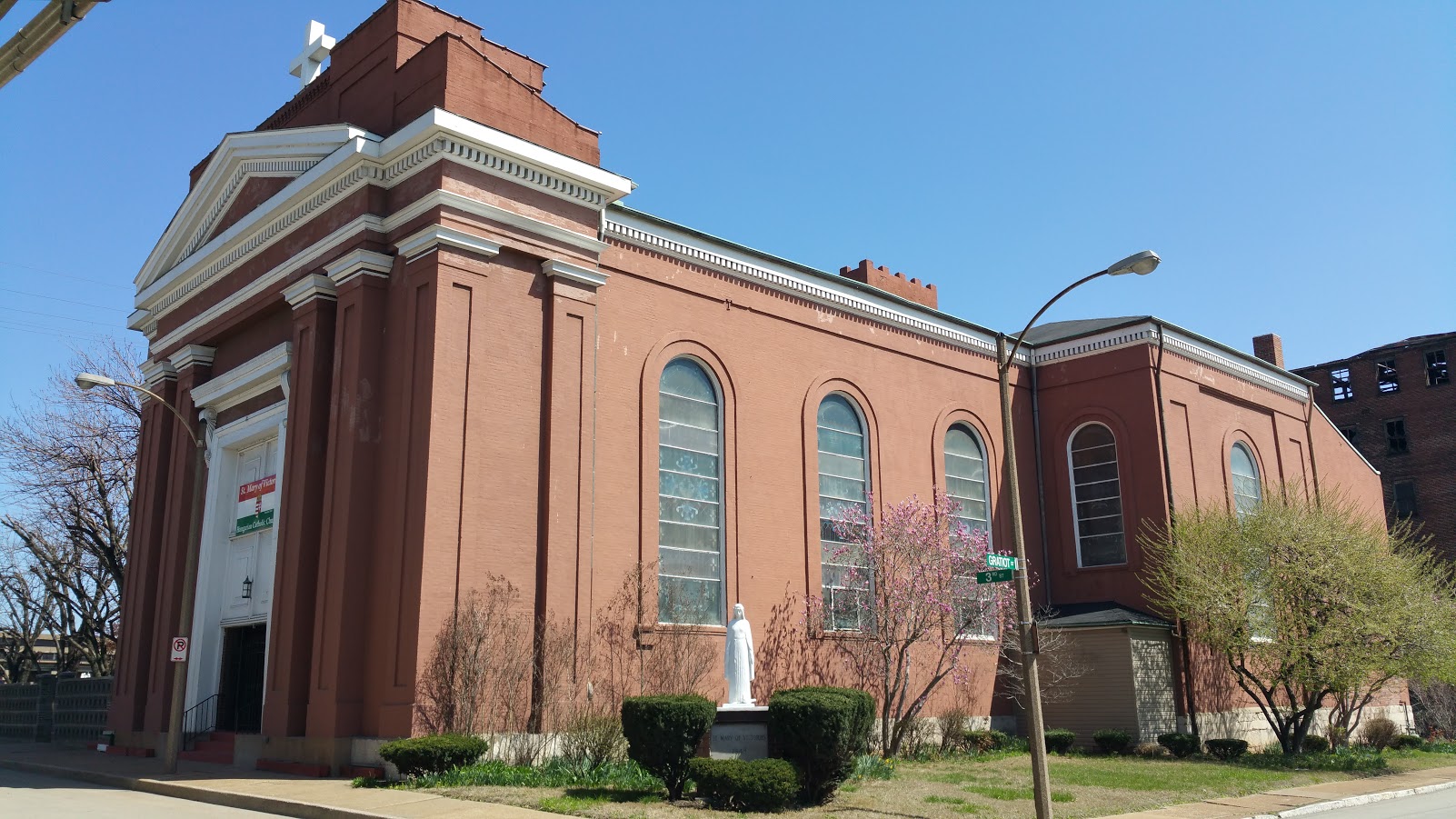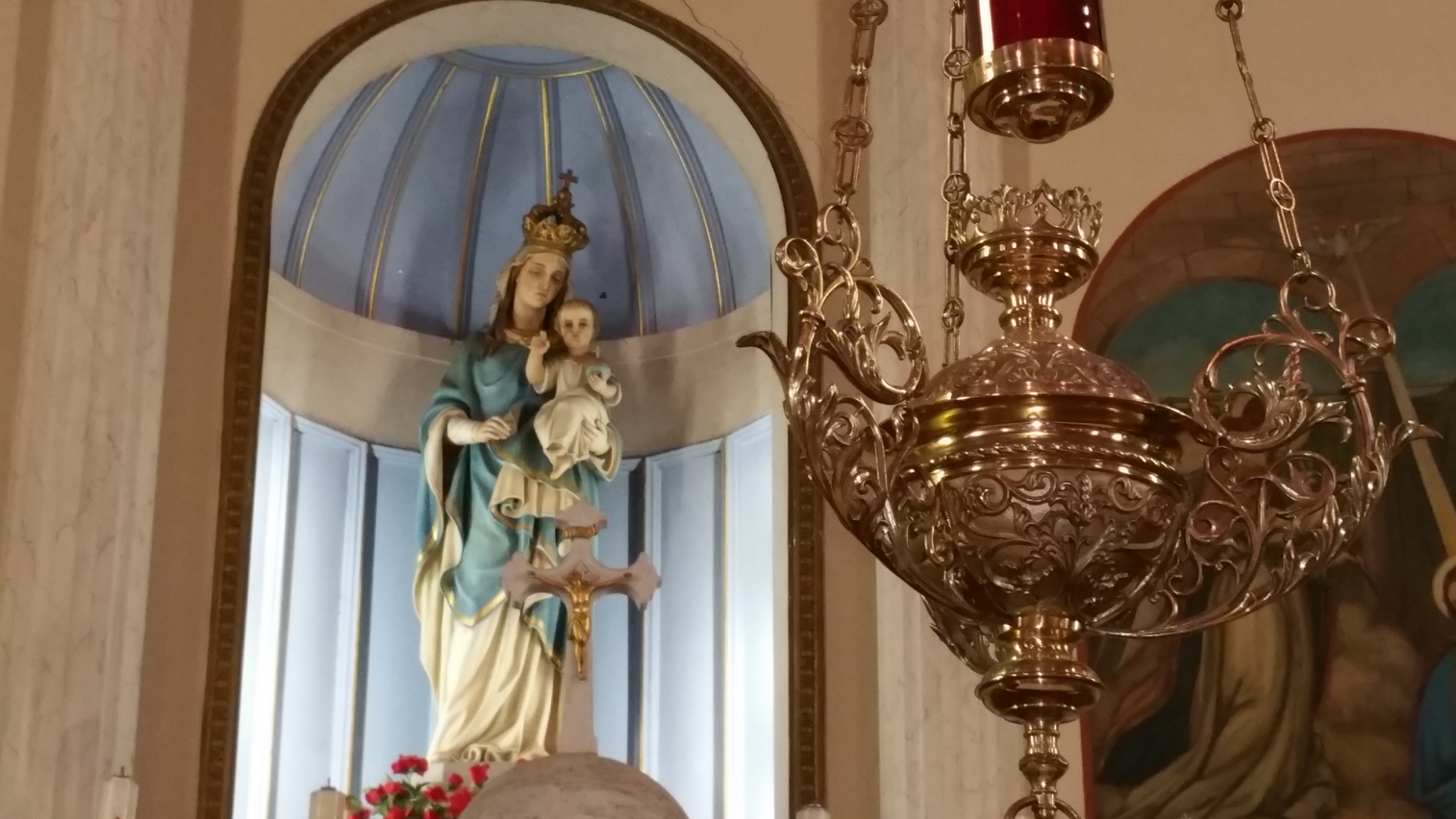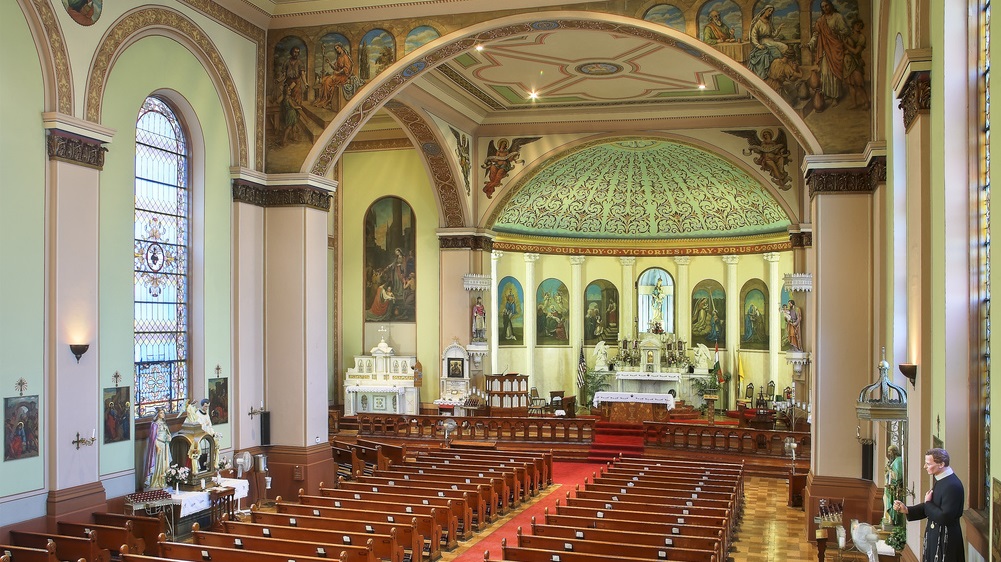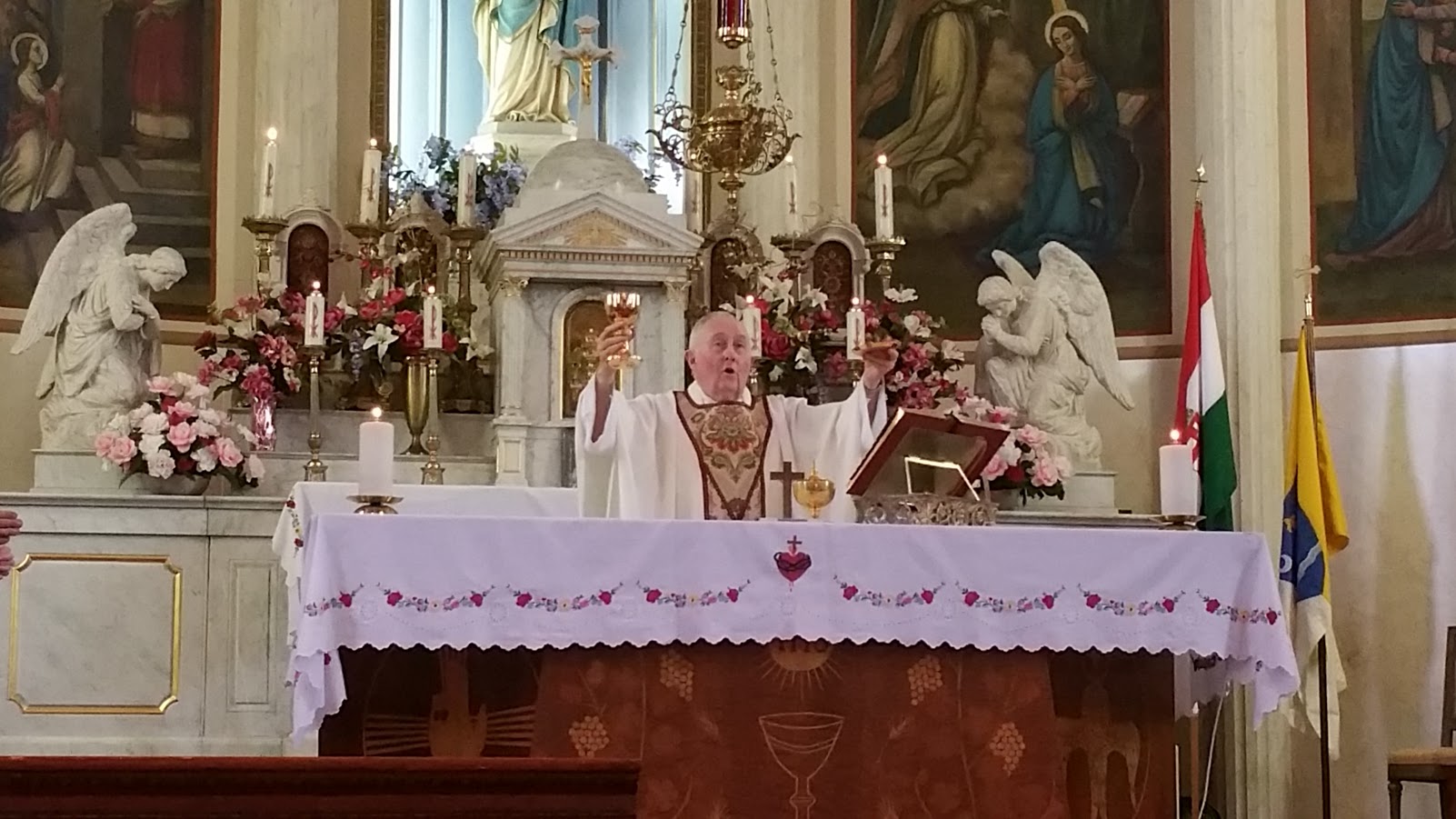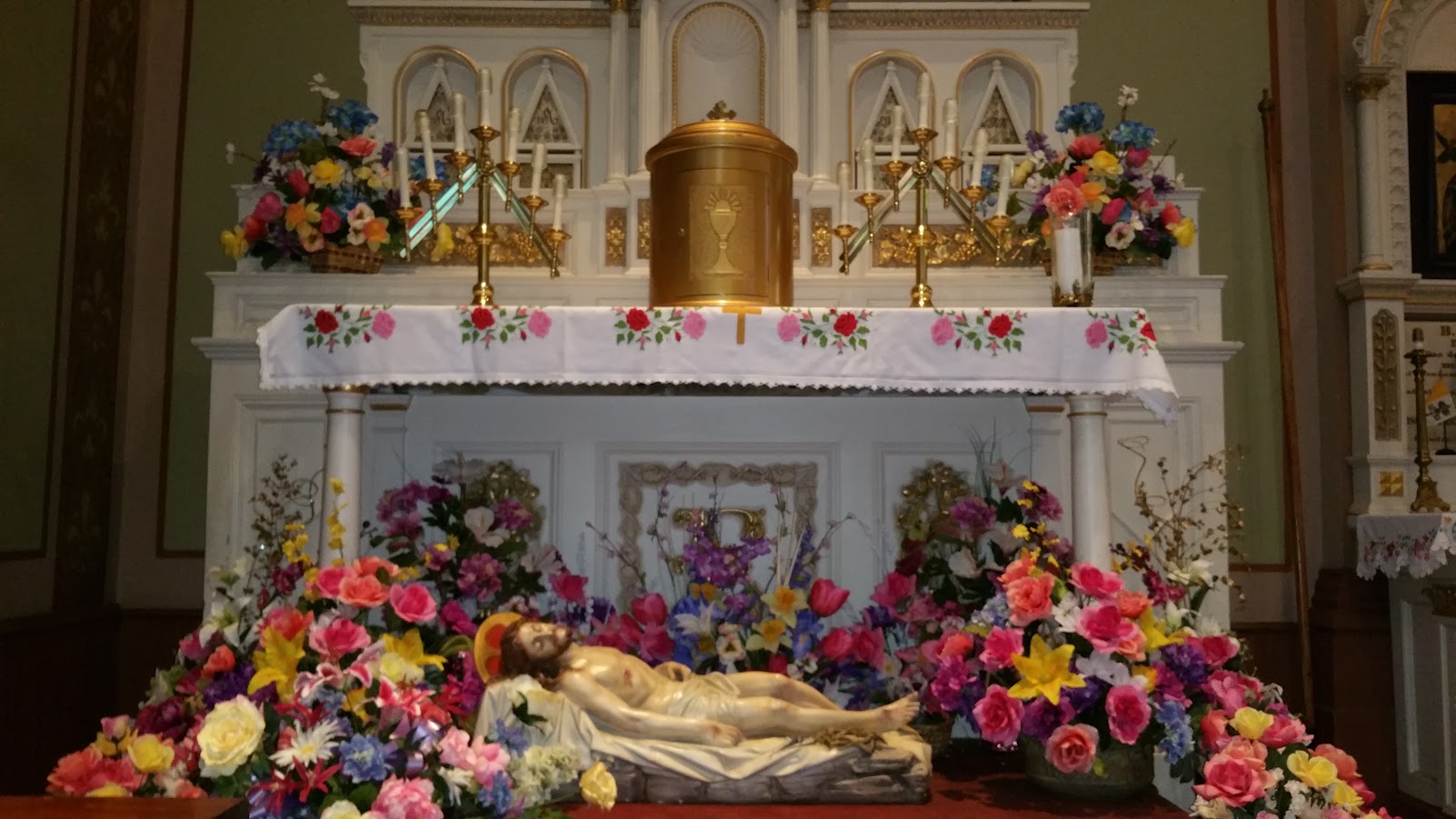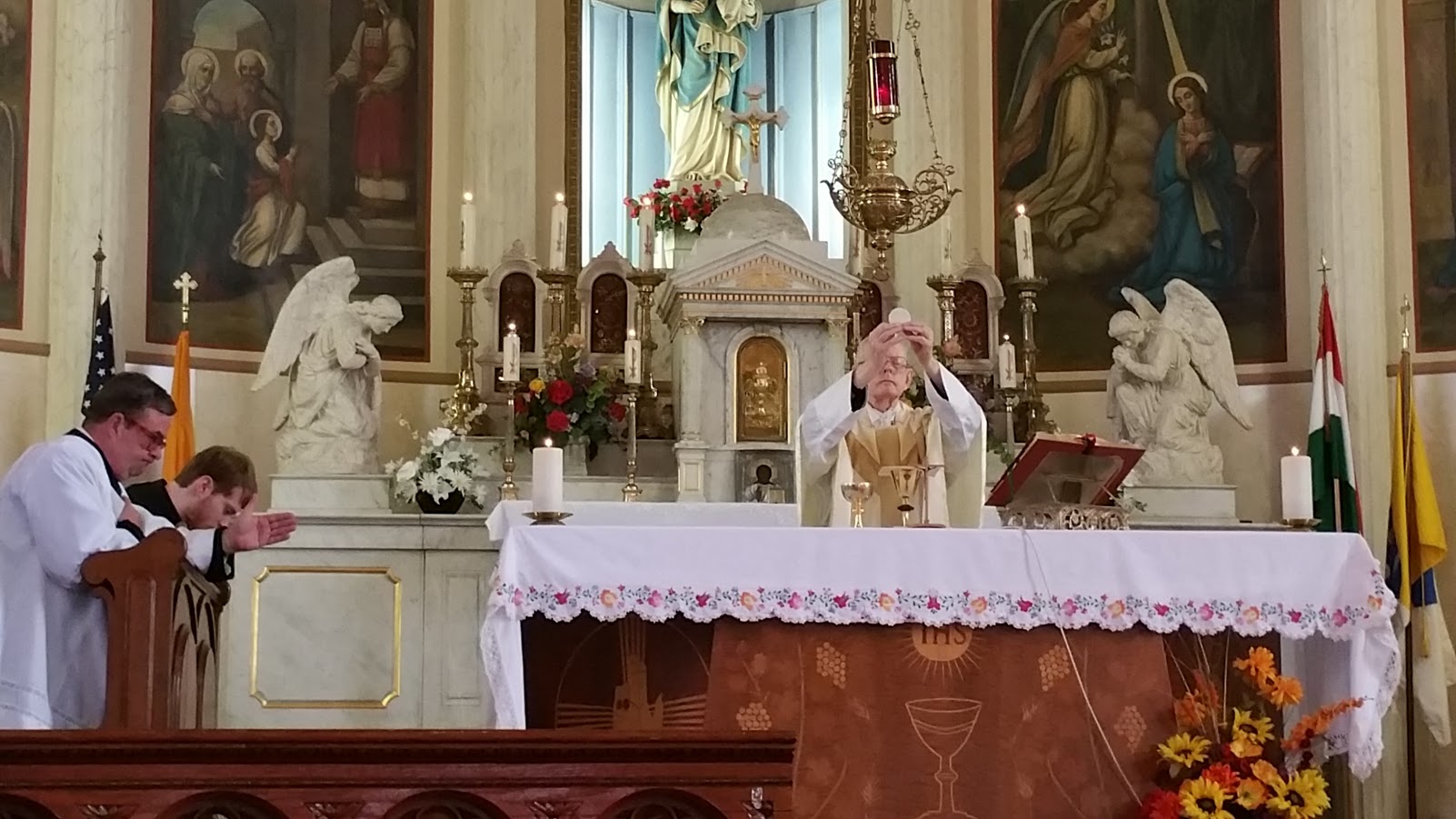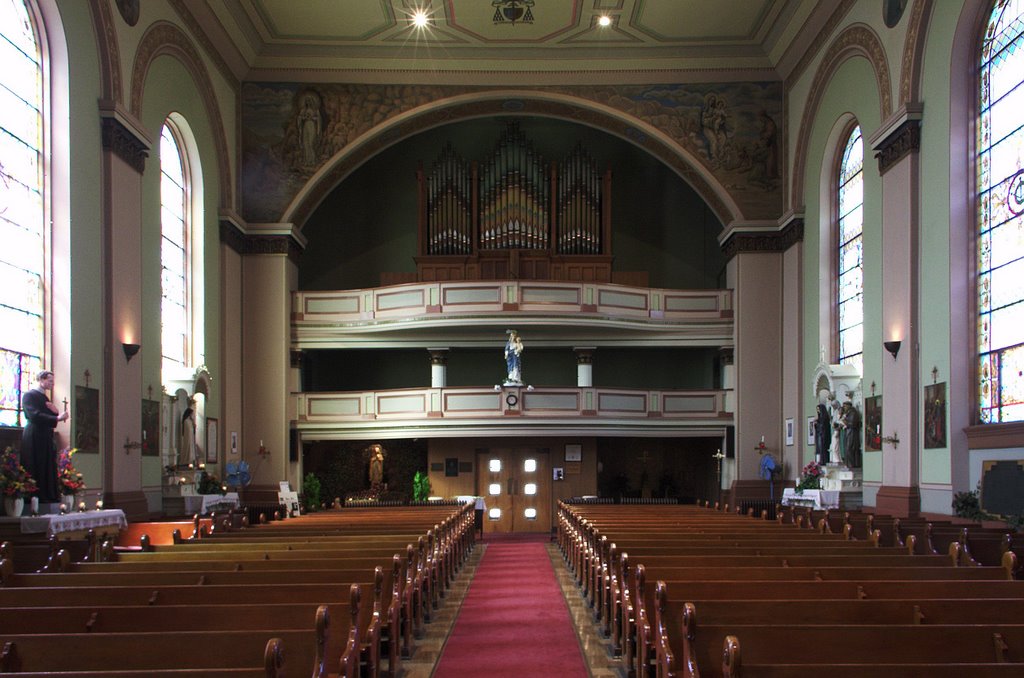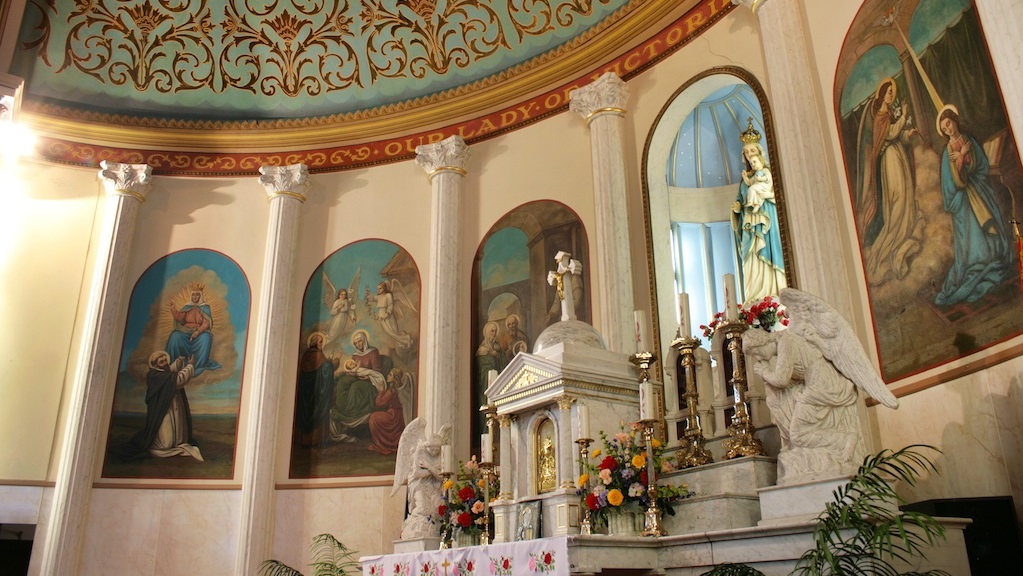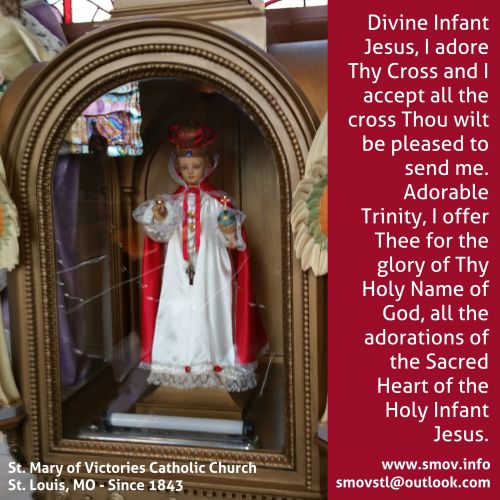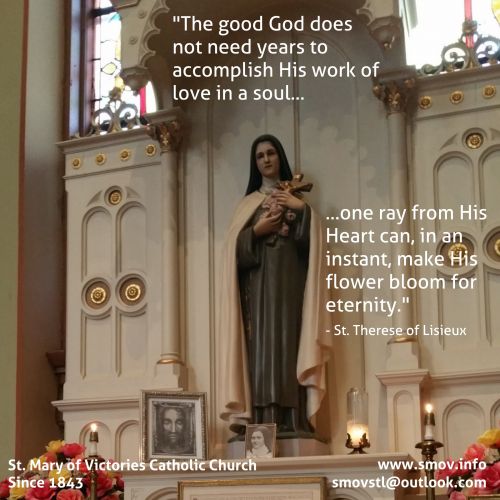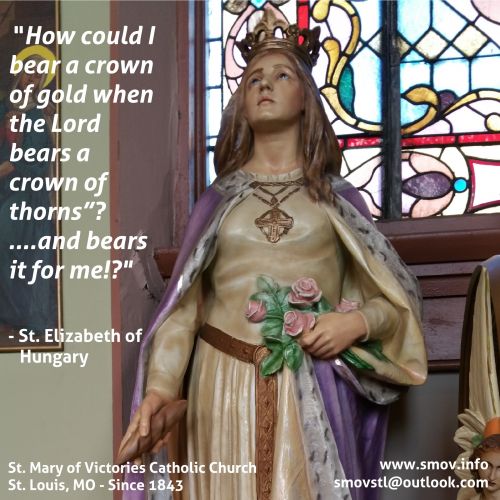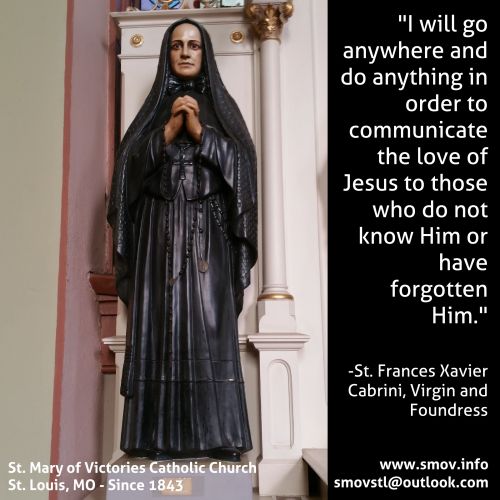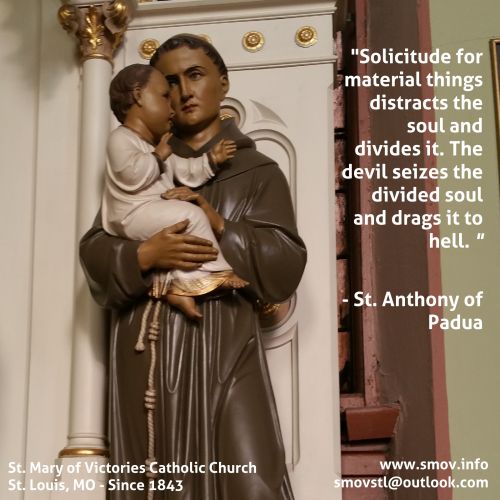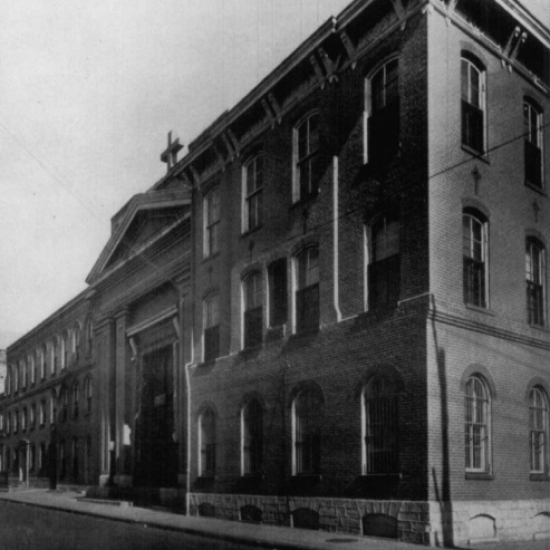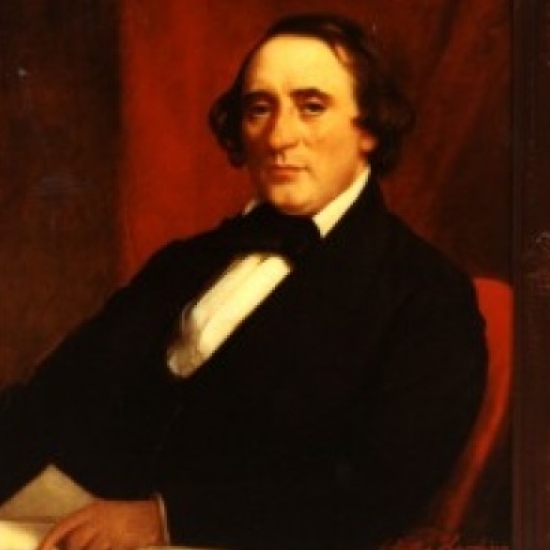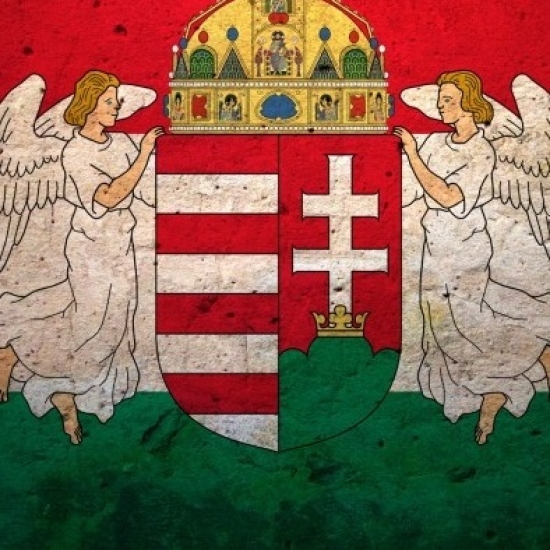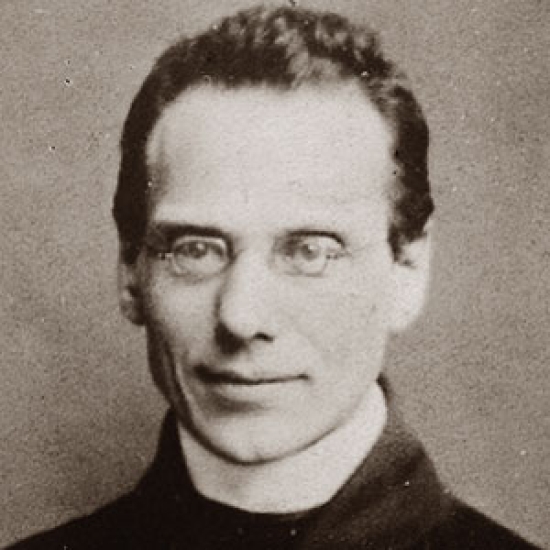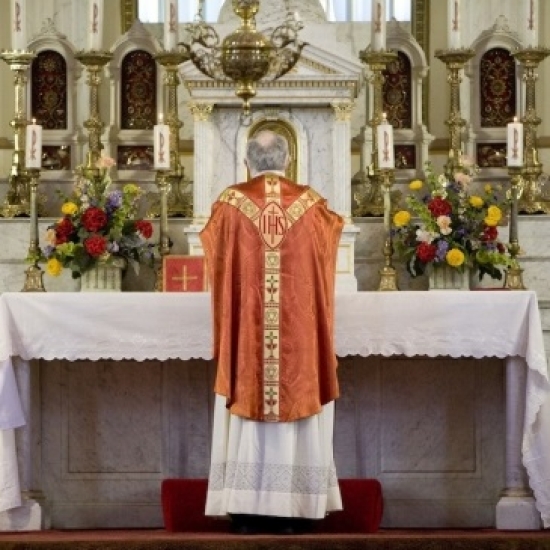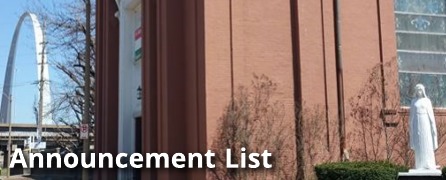21 October 2012, 29th Sunday in Ordinary Time (Year B)
Introit: Ego clamavi, begin on Eb (as fa)
Offertory: Mother dear, O pray for me #719, begin on B
Communion: Domine, Dominus noster, begin on E (as re)
Recessional: Hail Redeemer, King Divine, #747, begin on G.
Ordinary from Mass XI (Orbis factor)
The Introit antiphon, taken from a (Tuesday, week III) Lenten formulary in the EF, is a cry for help but a confident one in the very declarative third mode. The antiphon is long enough that we won't repeat it between the psalm verse and the GP. It has four phrases, the second of which is subdivided:
-
Ego clamavi quoniam exaudisti me Deus
-
(a) inclina aurem tuam
(b) et exaudi verba mea -
custodi me Domine ut pupillam oculi
-
sub umbra alarum tuarum protege me.
The great scholar John Mason Neale cites the Jesuit commentator, Balthasar Cordier on this verse.
The psalmist, as Cajetan very well observes, sets us a memorable example in two respects. The one, his trust in God, 'You will hear me'; the other, his acknowledgment that he has no merit of his own, 'incline Your ear to me,' because my words have in themselves no power or force to reach it. Or, to apply these words to our divine Lord: 'I have called upon You when I said, The hour is come: glorify Your Son, that Your Son may also glorify You; when I prayed, Father, glorify Your name; when I said, Father, I will that they also whom You have given Me may be with Me where I am. But now, as the hour of My Passion approaches, as the redemption or damnation of the human race depends upon My drinking or not drinking the cup, now in a different and deeper sense than before incline Your ear to me, and hear My words, those seven words which I shall speak on the Cross: for others: Father, forgive them; for they know not what they do; for Myself, Father, into Your hands I commend My Spirit.
The first half of this text is also used as a Communion antiphon on the 9th Sunday of the year—a Sunday that often drops out before Lent/after Pentecost. The different treatment of the same text in the two antiphons is a good example of how context and usage affects the development of the melody.
The Communion antiphon is another chant taken from a Lenten formulary in the EF (week II). It has two phrases, the second of which is subdivided:
-
Domine Dominus noster
-
(a) quam admirabile est nomen tuum
(b) in universa terra.
(Ladies, please note in the first verse of the psalm the termination over super caelos is abbreviated.)
Psalm 8 is a song of praise to the creator King and the special dignity He has given to the human person. From very earliest days of Christianity, it was also seen as a prophetic reference to the unique person of Jesus. St John Chrysostom comments:
The prior Psalm (7) ends with a promise, 'I will praise the Name of the LordMost High.' Here we have its fulfilment. 'O Lord, our Governor.' God's name is twice repeated: for He is twice our Lord,in that He made us and in that He redeemed us. The Lord of the heathen, as having created them; but ours doubly, in that He is known to us; in that He is our Lord, we are His servants; in that we are His servants, in all that He possesses, we have a special interest; 'in all the earth,'and not in Judea alone, seeing that, in the fulness of the time, the Gentiles also were to be added to the Church. And that Name, when first set up as a title over the Cross, was written in three languages, as a sign that hereafter it should be preached and should be worshipped by every tongue and nation.
So once again we join our voices to those of the Church universal, along with the angels and saints, in praising God with words He Himself gave us.
